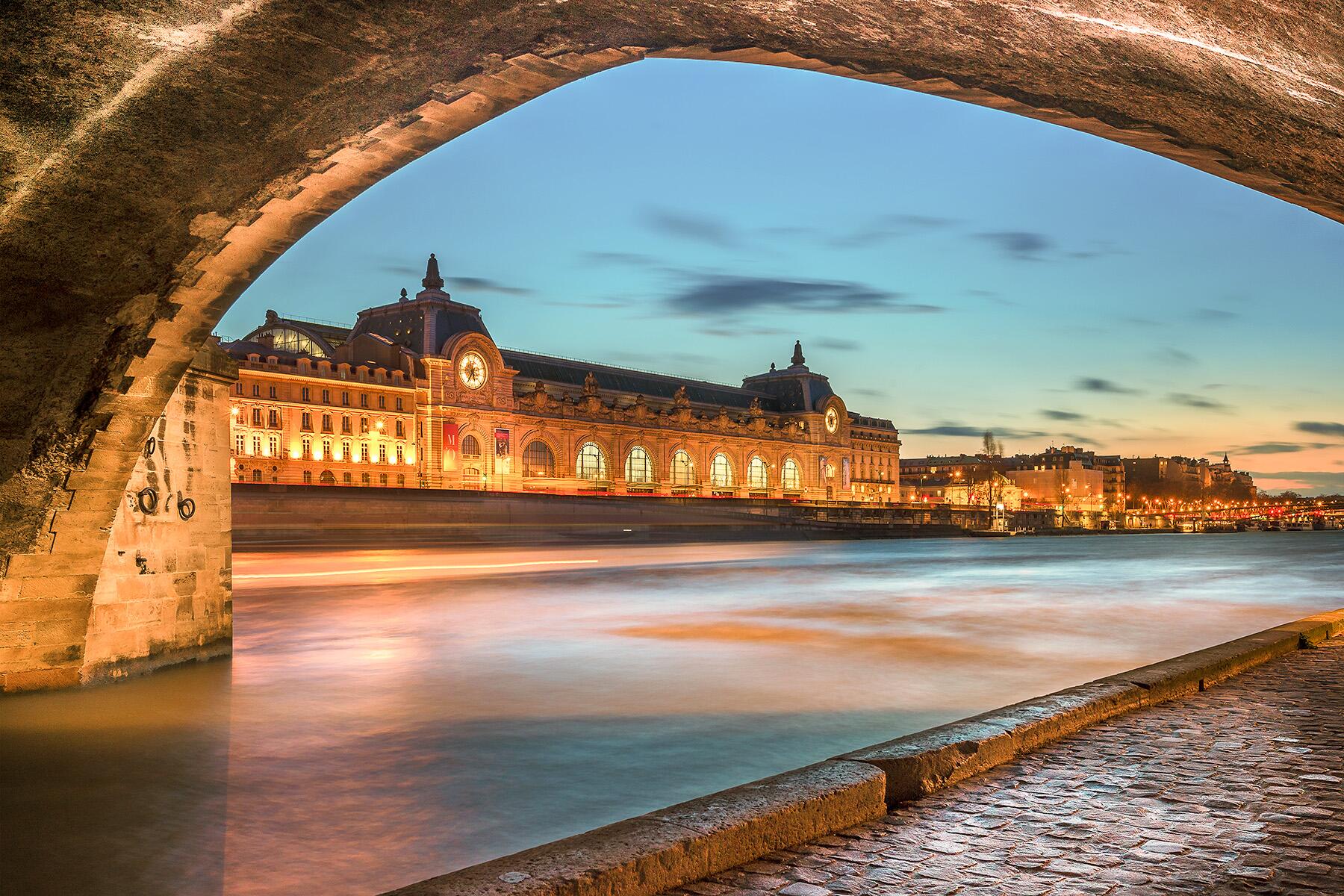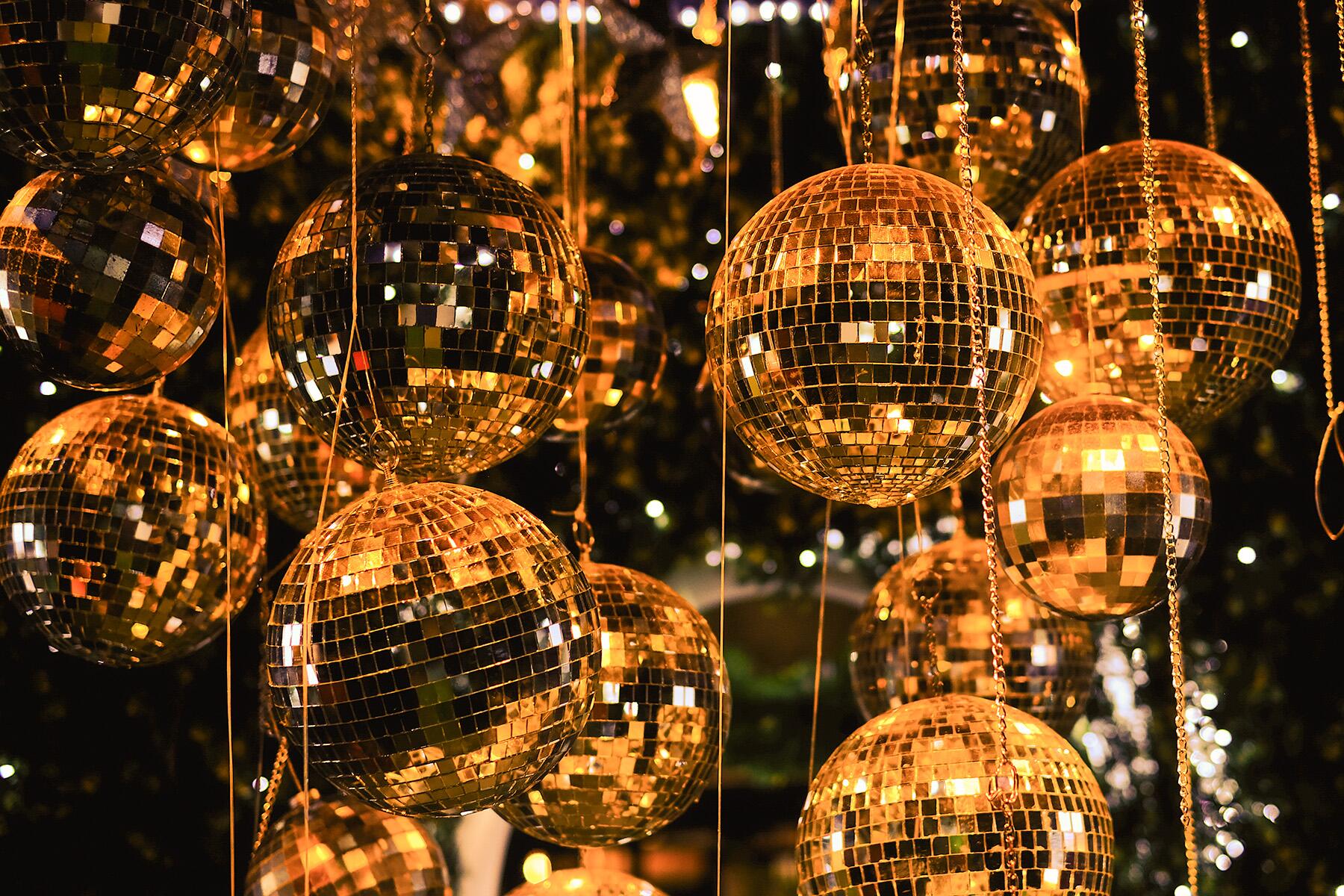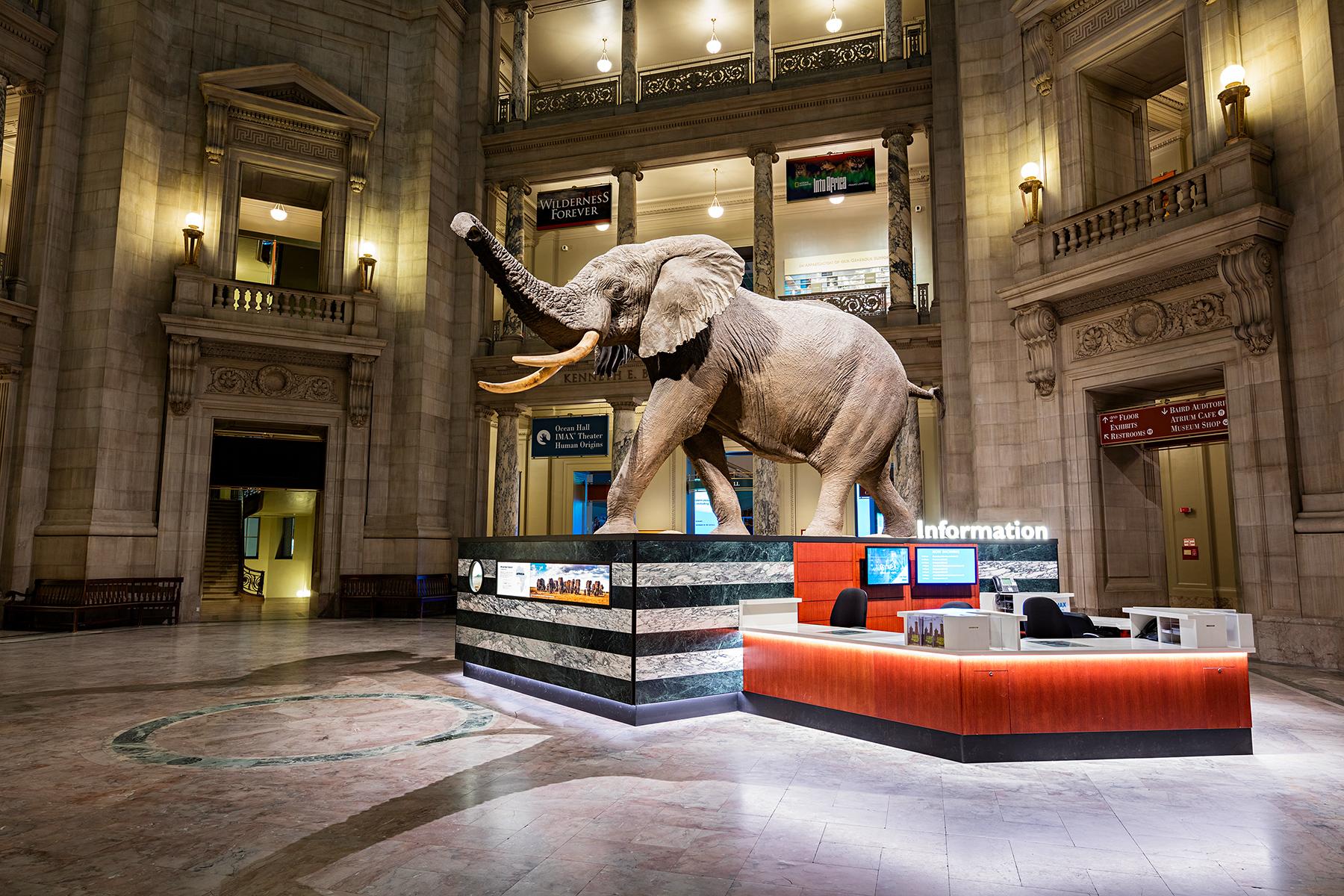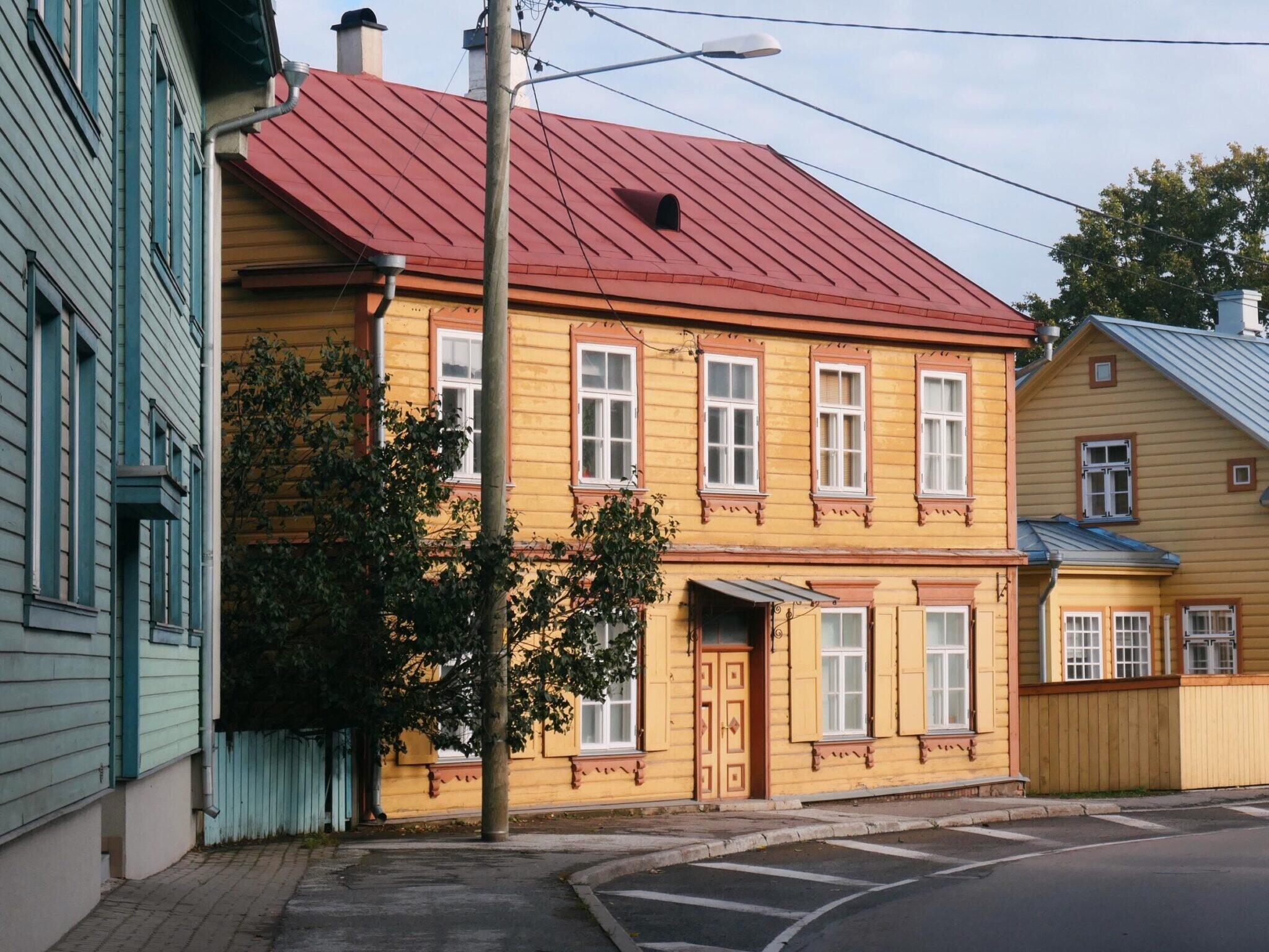So many characters, so many stereotypes.
Netflix’s Emily in Paris is a roaring success worldwide and has been renewed for two more seasons. But unsurprisingly, it has received criticism for its stereotypical portrayal of French people as unfriendly, lazy, and unfaithful. Season 2 further outraged people with more cliches. The Brits found football-and beer-loving Alfie an unrealistic bloke, and Ukraine’s culture minister Oleksandr Tkachenko lambasted the show for poorly writing a Ukrainian character, Petra. “In Emily in Paris, we have a caricature image of a Ukrainian woman that is unacceptable. It is also insulting. Is that how Ukrainians are seen abroad?” he asked.
But Emily in Paris isn’t the only TV show that perpetuates stereotypes and prejudices. Characters are often reduced to one unflattering identity and all the complexities of human nature are taken out of the equation. Let’s have a look at some of the shows that have portrayed such characters. (And this is really just the tip of the iceberg because there are so many others. Remember Marguerite in The Golden Girls, Mrs. Kim in Gilmore Girls, Han Lee in 2 Broke Girls, Jacqueline Voorhees in Unbreakable Kimmy Schmidt, and Tina Cohen-Chang and Matt Chang in Glee?)
Top Picks for You
I think that we must realize when fiction is fiction. I'm a gay man and I don't think Will & Grace perpetuated stereotypes as much as normalized having gay people as close friends. Now I do not generalize my experience with one show to reflect all situations, but we need to understand that humorous depictations are ok, if they are funny and kind. I thought Apu on the Simpsoms was a good man. Sofia on Modern Family was a powerful woman, and the french coworkers on Emily in Paris a mixture of wonderful and bullies. BTW, I've known French persons like that, and sweet and wonderful ones. And the characters on Emily in Paris are a bit more nuanced than just being "mean Parisians".





Dallas was horrific as well as the movie Urban Cowboy. Sorry, but people from Houston just don't act or talk like the characters in either